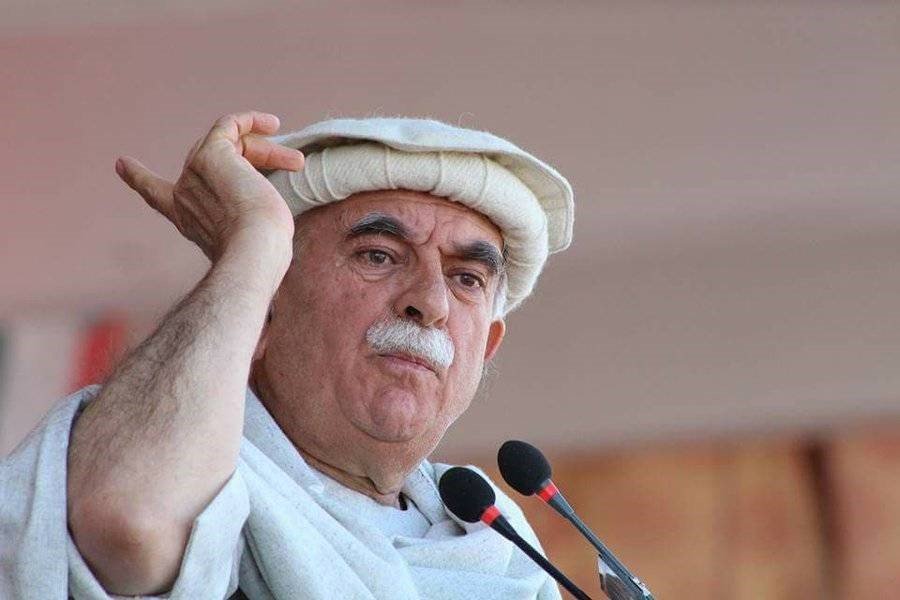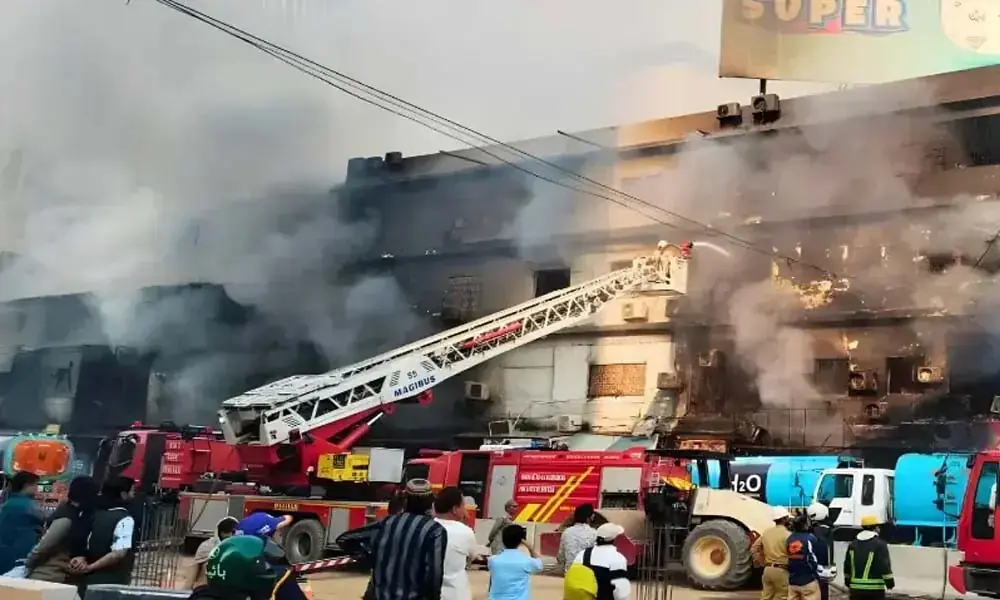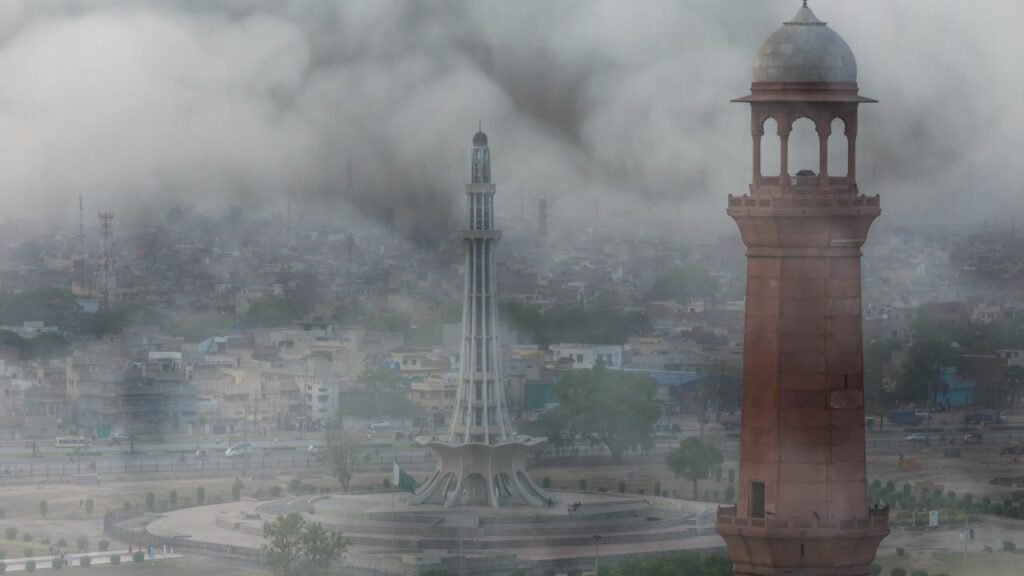Arshad Mahmood Awan
World leaders are converging in New York this week for the 80th session of the United Nations General Assembly, an event that comes at a time of extraordinary global crises. Among the wars, conflicts, and economic struggles weighing down the world, one tragedy looms larger than all others: the genocide unfolding in Gaza. The issue is expected to dominate the agenda, though the test for the international community is whether the session delivers anything more than rhetoric.
The people of Gaza, starved, bombed, and displaced, can hardly survive on international speeches and expressions of sympathy. For nearly a year, Israel has pursued a brutal military campaign in Gaza City and beyond. Reports indicate that nearly half a million Palestinians have been forcibly driven out of their homes. The Israeli military has issued evacuation orders, yet even the so-called “safe zones” inside Gaza have been relentlessly targeted, leaving families without shelter, food, or medical care. The pattern is unmistakable: forced displacement, systematic targeting of civilians, and the destruction of an entire society.
What makes this crisis even more harrowing is the paralysis of the international community. Institutions built to prevent genocide and protect civilians appear toothless when it comes to Israel. The United Nations Security Council, entrusted with maintaining global peace, has been repeatedly silenced. For the sixth time since Israel began its campaign, the United States exercised its veto power last week, blocking a ceasefire resolution supported by 14 other members. The will of the global community is being subverted by Washington’s determination to shield Israel from accountability.
The U.S. role in this tragedy cannot be ignored. The Biden and Trump administrations alike have demonstrated an unwavering commitment to Israel, with the latter’s team openly staffed by ardent Zionists. Beyond blocking resolutions, Washington has escalated its hostility toward the Palestinian cause by restricting the Palestinian delegation itself. Reports confirm that visas for key Palestinian officials have been denied or revoked, forcing President Mahmoud Abbas to resort to addressing the UN via video link. This is not just a diplomatic slight — it is a symbolic attempt to erase Palestinian representation from the global stage.
Against this backdrop, the 80th UNGA session represents a critical moment of truth. States with a conscience must resist American intimidation and collectively censure Israel’s crimes. To speak of solidarity without action is to betray the victims. The words of leaders, however impassioned, will not stop bombs from falling or children from being buried under rubble. What is required is an actionable plan — and the UNGA, unlike the veto-paralyzed Security Council, has the ability to mobilize the moral weight of the global majority.
This action must go beyond platitudes. A clear resolution isolating Israel diplomatically and economically should be tabled. The suspension of trade privileges, the withdrawal of ambassadors, and coordinated sanctions on those who finance and arm Israel are measures that can exert real pressure. Most critically, an international arms embargo must be enforced to halt the flow of weapons that are being used to commit genocide. Anything short of this risks emboldening Israel further, encouraging it to deepen its campaign of ethnic cleansing in Gaza and destabilize the wider Middle East.
Critiques delivered in carefully worded speeches, while useful for posturing, have proven impotent in curbing Israel’s actions. They may soothe consciences in foreign capitals, but they do nothing to save Palestinian lives. The UNGA must instead deliver a unified, resounding declaration: the genocide in Gaza must end immediately, and those responsible must be held to account under international law. Just as the world once stood against apartheid South Africa, so too must it stand now against Israeli apartheid and mass atrocities.
Republic Policy WhatsApp Channel
The Gaza tragedy has already scarred generations. It has undermined faith in international institutions and exposed the hollowness of the so-called rules-based order. If the UNGA fails again, it risks being remembered not as a chamber of conscience but as a theatre of impotence. The moral authority of the United Nations depends on its ability to act decisively when mass killings occur. If it cannot rise to this occasion, its credibility will suffer irreparably.
The people of Gaza have cried out for years, and their voices have been drowned out by the roar of jets and the silence of global power brokers. Today, the responsibility lies with every state present at the General Assembly: to move from empty rhetoric to meaningful action. The Palestinian people need more than sympathy; they need protection, justice, and a future free from extermination.
The message from this year’s UNGA must therefore be unequivocal. Israel must end its campaign of annihilation. It must face sanctions, embargoes, and international justice for its crimes. Anything less is complicity. Anything less is betrayal. And anything less will ensure that Gaza’s genocide becomes not only a symbol of Palestinian suffering but also the gravestone of international law and human conscience.















